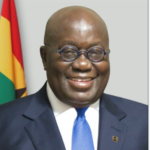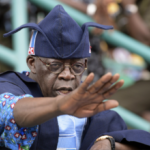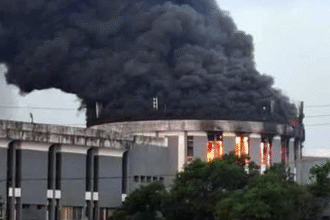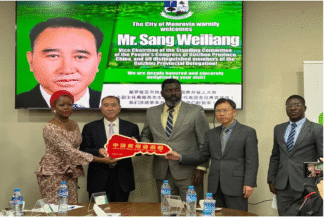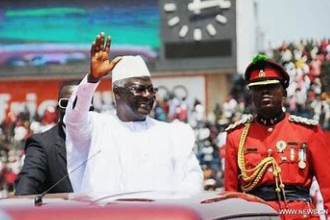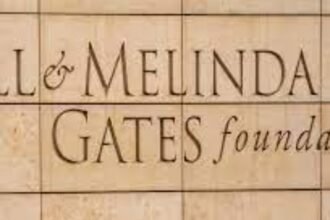Doha, Qatar – Amid escalating tensions and ongoing violence in eastern Democratic Republic of Congo (DRC), diplomats from the DRC and Rwanda have engaged in intensive talks in Doha, Qatar, aimed at achieving a ceasefire and de-escalation of the conflict. The meetings, facilitated by the Qatari government, represent a renewed push for dialogue after months of heightened unrest and accusations of Rwandan support for the M23 rebel group.
President Félix Tshisekedi of the Democratic Republic of Congo and his Rwandan counterpart Paul Kagame have called for an “immediate ceasefire” in eastern DR Congo, after having direct talks in Qatar.
DR Congo presidential spokeswoman Tina Salama posted on X, former Twitter, that the meeting was proposed by the Emir of Qatar Sheikh Tamim bin Hamad Al Thani, describing the Gulf nation as a “strategic ally of the two African countries.”
Sources close to the negotiations indicate that both delegations have expressed a commitment to finding a peaceful resolution, with a ceasefire being the primary objective. The specifics of the proposed ceasefire, including timelines, monitoring mechanisms, and the scope of the affected areas, are reportedly still under discussion.
“These talks are crucial for the stability of the region,” stated a spokesperson for the Qatari Ministry of Foreign Affairs. “We are committed to facilitating a constructive dialogue between the DRC and Rwanda and hope to see concrete progress towards a lasting peace.”
The conflict in eastern DRC has displaced hundreds of thousands of people and exacerbated an already fragile humanitarian situation. The M23 rebel group, comprised largely of Congolese Tutsis, has been gaining ground in recent months, leading to accusations from the DRC government that Rwanda is providing them with support. Rwanda vehemently denies these claims.
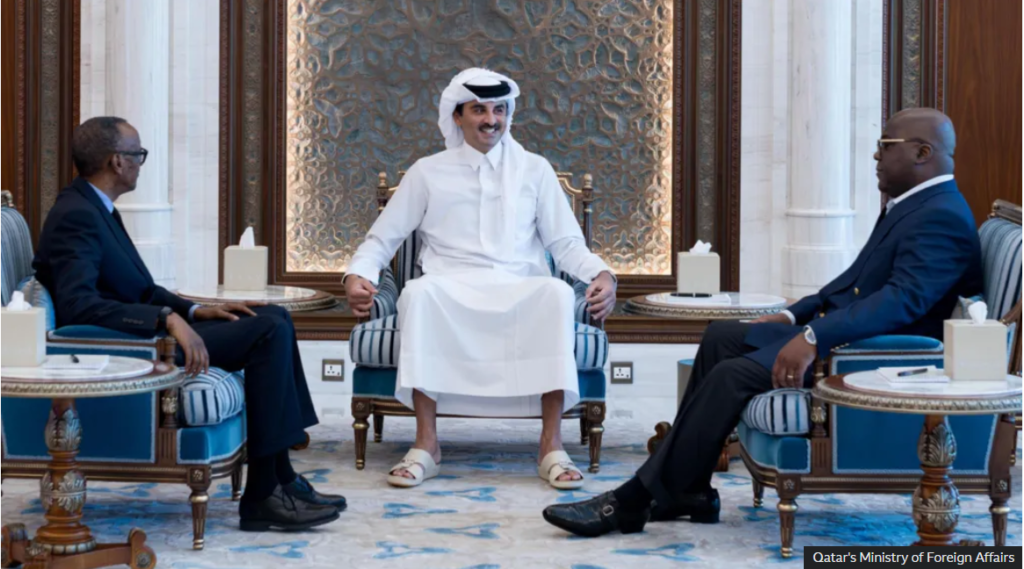
While details of the discussions remain scarce, analysts suggest that the Doha talks are focusing on building confidence between the two nations. Key areas of contention include the withdrawal of M23 forces from captured territory, the disarming and reintegration of rebel fighters, and addressing the root causes of the conflict, including historical grievances and resource competition.
“A ceasefire is a necessary first step, but ultimately, sustainable peace requires addressing the underlying issues that fuel the conflict,” said Dr. Isabelle Kabila, a political analyst specializing in the Great Lakes region. “This includes fostering good neighborly relations, promoting economic development, and strengthening governance in eastern DRC.”
The outcome of the Doha talks remains uncertain, but the fact that both the DRC and Rwanda are engaging in direct negotiations under international mediation offers a glimmer of hope for a de-escalation of the violence and a path towards a more peaceful future. The international community is closely monitoring the situation and urging both sides to demonstrate genuine commitment to finding a lasting solution. The next round of talks is expected to continue in the coming days.



